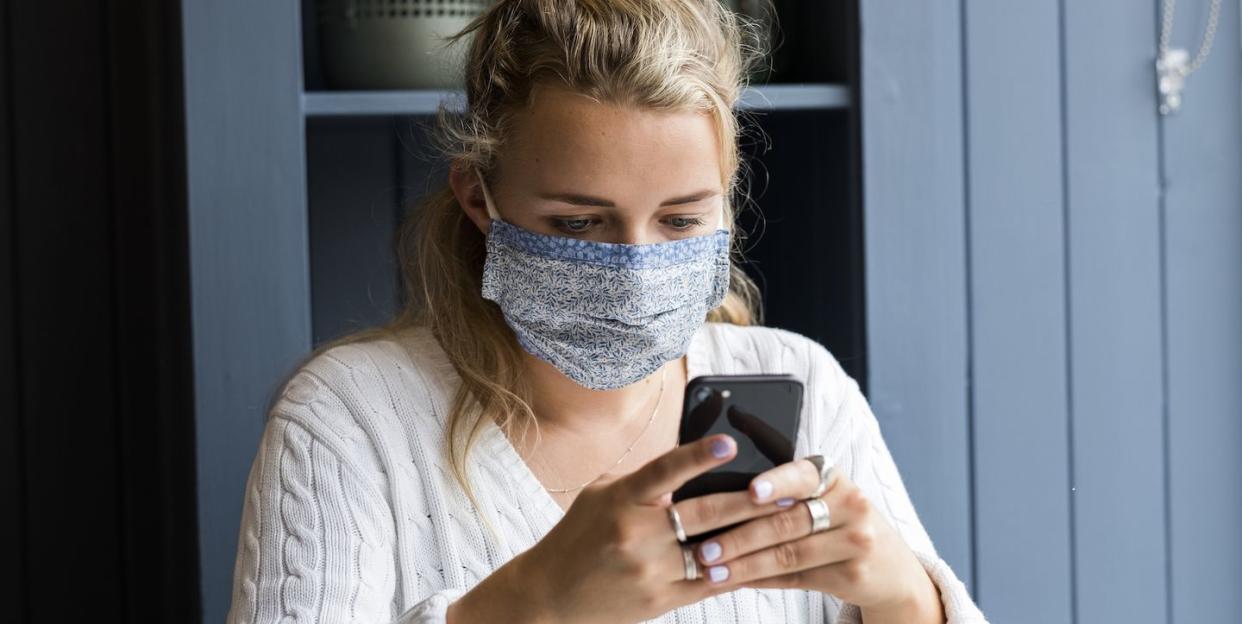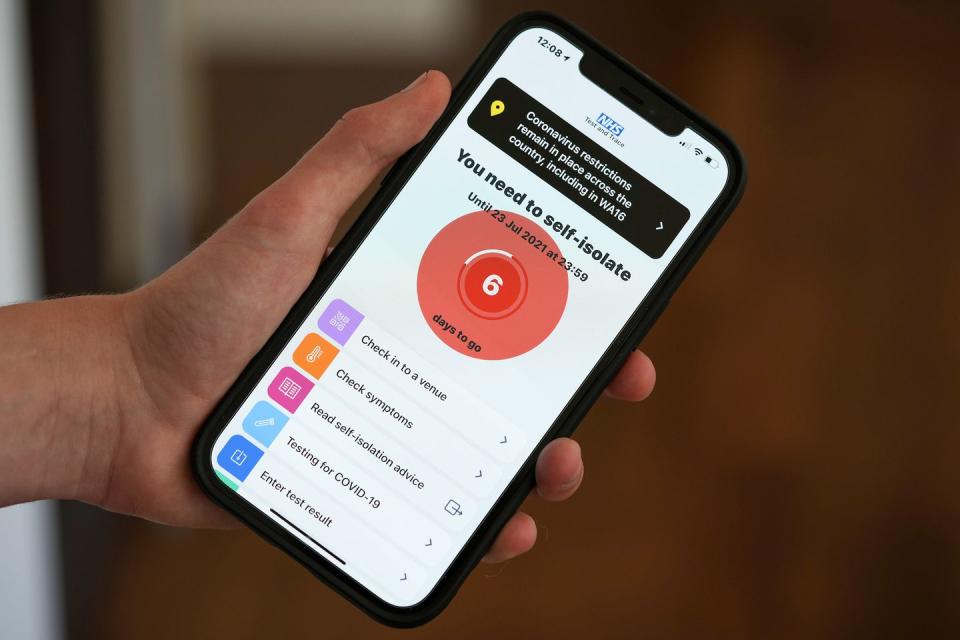The NHS COVID-19 app has changed how it pings people

The NHS COVID-19 'Track and Trace' app will now operate in a different way, after the general public and experts alike complained of a 'pingdemic' (which at one point saw 618,903 people receive a notification from the app, telling them to self-isolate).
Previously, the app worked by taking into account the five days prior to somebody testing positive with coronavirus - and those they could have been in contact with - whereas now only two days will be considered. The change comes after the health secretary ordered a review of the 'logic' used to decide who should be told to stay home and isolate, the Department for Health and Social Care said to Sky News.
The plan is for fewer people to now be instructed to stay home and self-isolate, after thousands were being told to stay home despite never going on to test positive. Supermarkets reported bare shelves due to HGV drivers and staff being told by the app that they couldn't leave their houses.
Health Secretary Sajid Javid said of the decision, "We want to reduce the disruption that self-isolation can cause for people and businesses, while ensuring we're protecting those most at risk from this virus."
He added, "This update to the app will help ensure that we are striking the right balance. It's so important that people isolate when asked to do so in order to stop the spread of the virus and protect their communities."

In a recent previous statement a government spokesperson said, "One in three people contacted either by Test and Trace, or the app, go on to develop coronavirus. That demonstrates the importance of isolating people when asked to do so."
They have since also stressed that by reducing the number of days taken into account by the app, that the risk threshold will not be impacted – as the same number of 'high-risk' contacts will still receive an alert telling them to self-isolate.
Previously, when speaking about the app's shortcomings, Professor Tim Spector, a leading epidemiologist at King's College (and Principal Investigator of the ZOE COVID symptom study) said the NHS COVID app was failing to be useful by over-alerting folk.
"People working in the NHS have been told to delete it... I don't think the app saying someone might have passed [you] by in a supermarket is actually that useful any more," he explained during a television appearance. "Employers have got to use common sense in this. It seems to be overkill."
Let's hope these new adjustments strike the right balance (and remember to keep on wearing a protective face mask in crowded spaces, everyone!).
You Might Also Like


